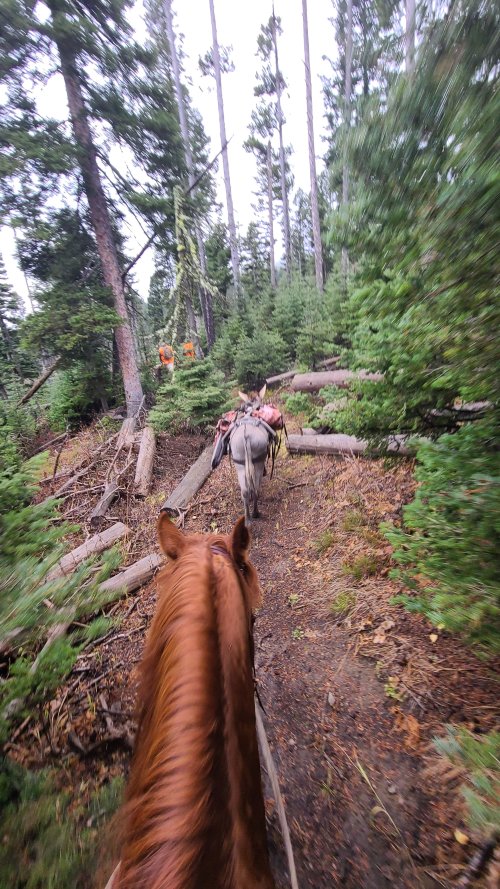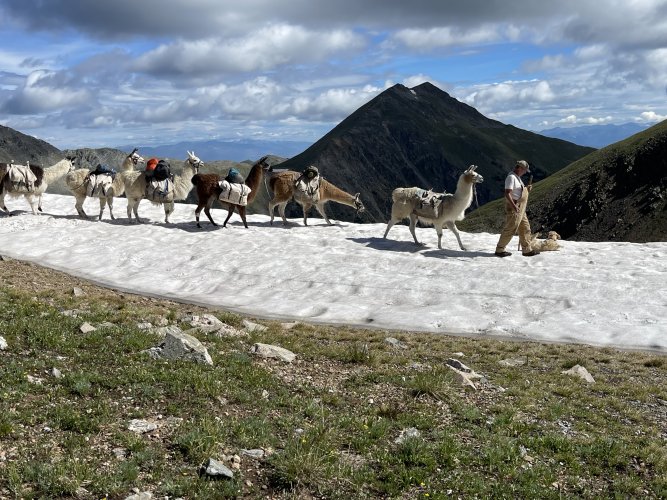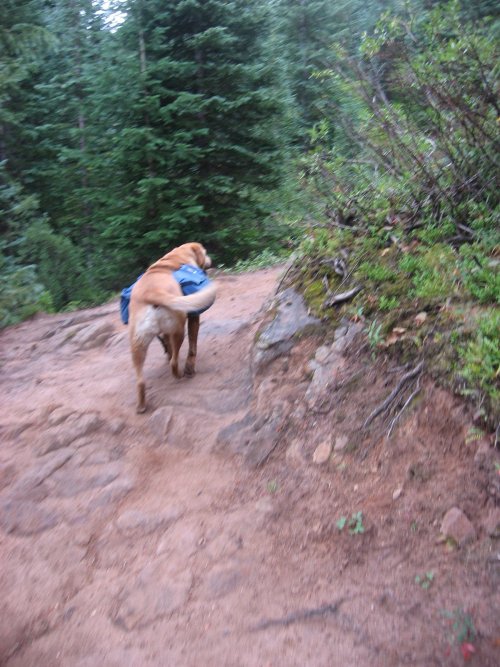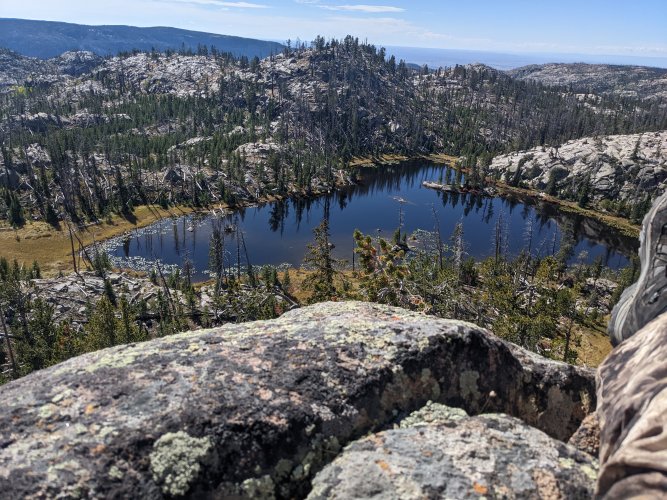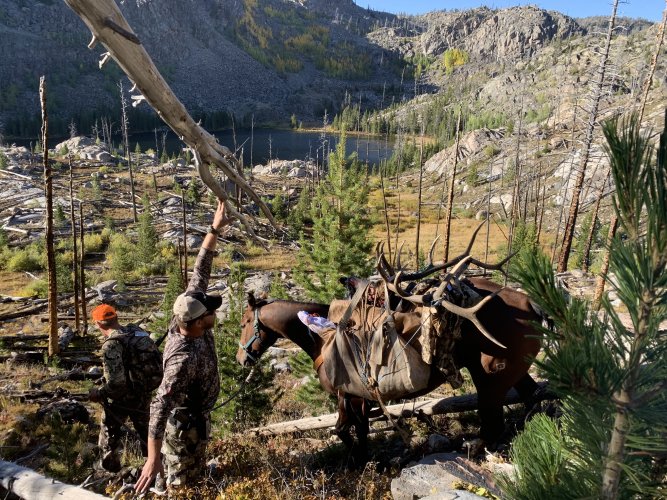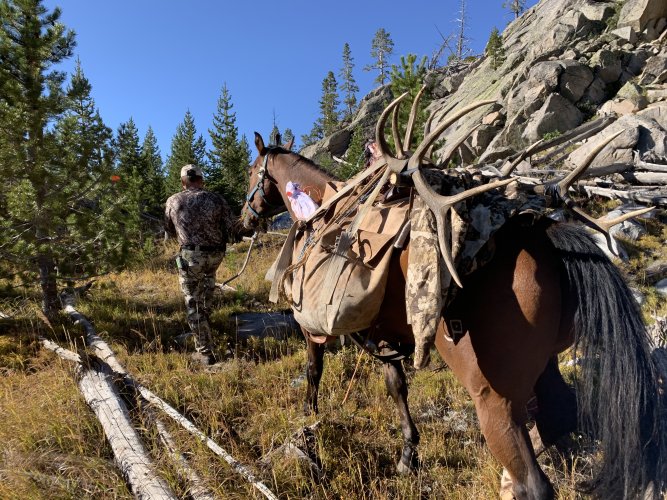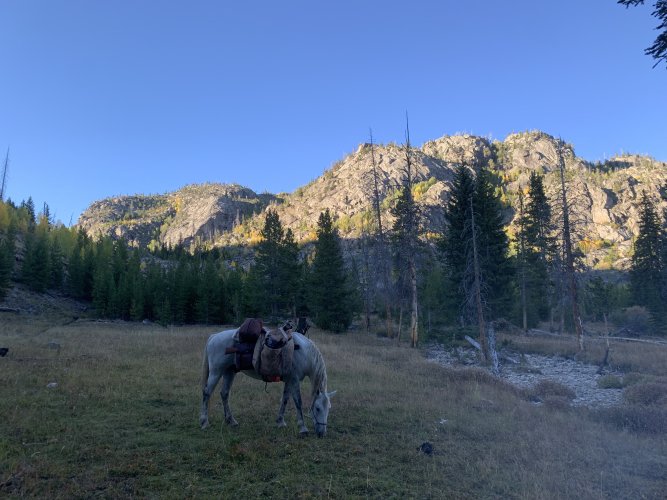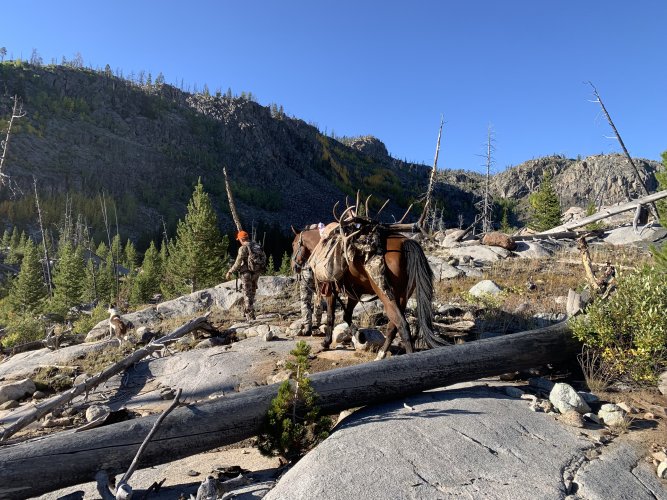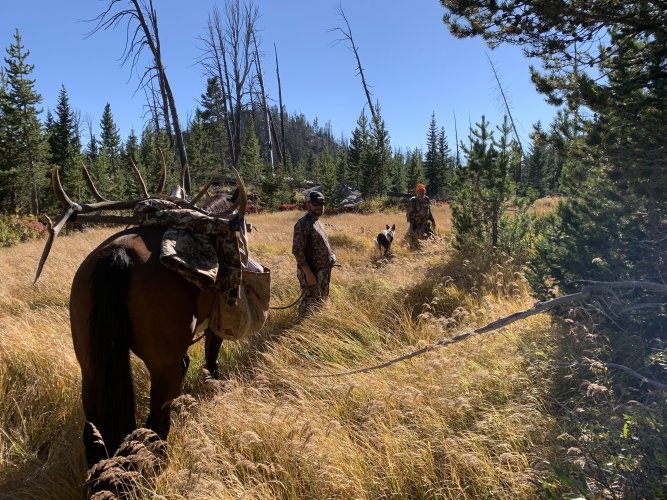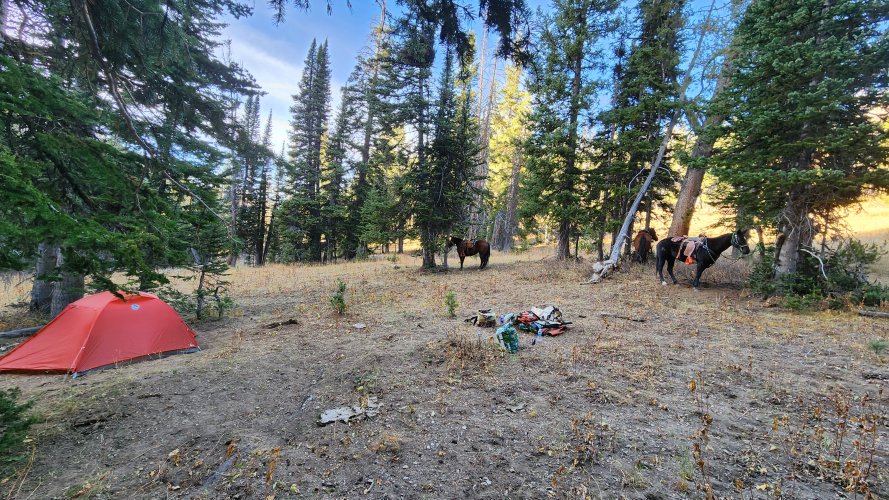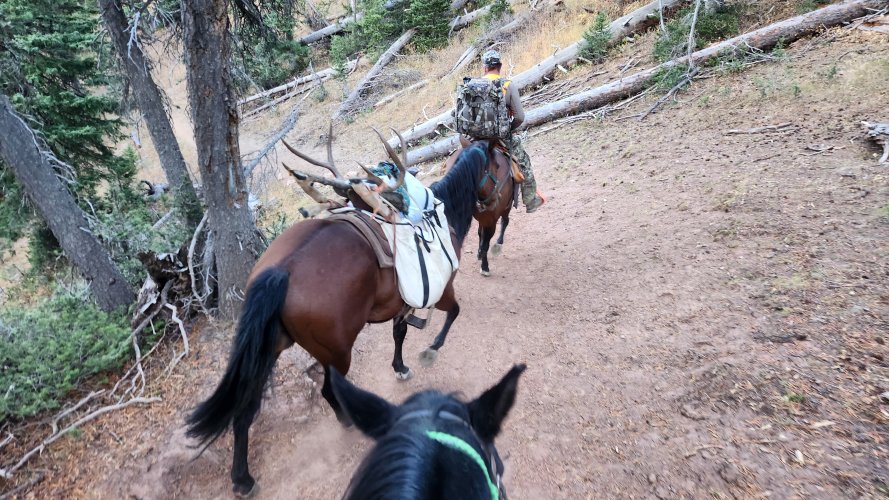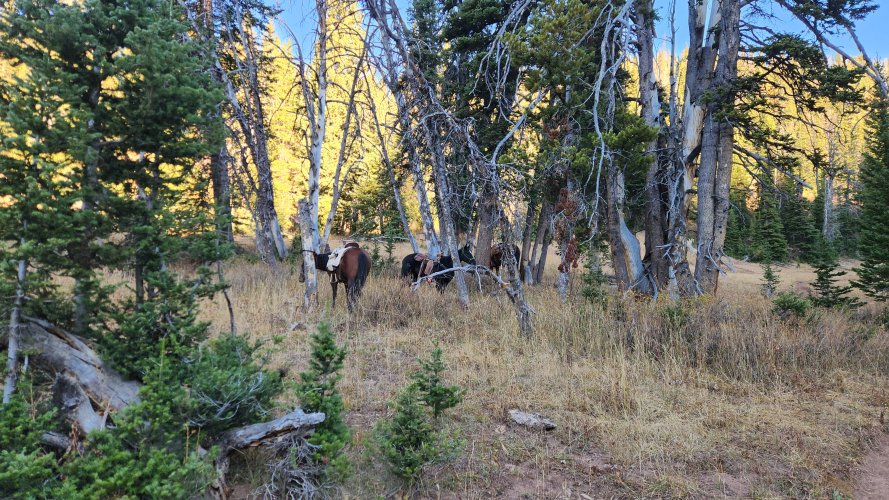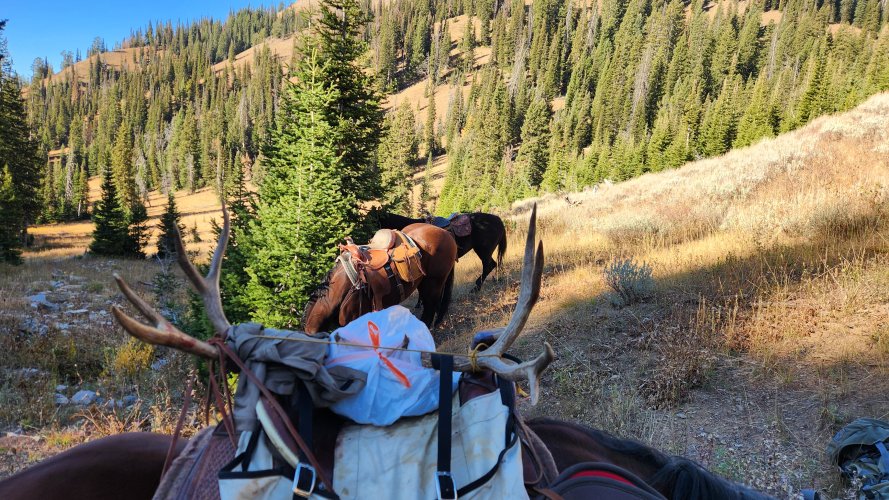Buckskinbob
Well-known member
- Joined
- Jul 12, 2022
- Messages
- 238
Well this weekend I learned that my donkey would rather just walk ahead of me than be led.
I also learned that if you have to stop to pick your hat off of the ground you better not let go of your horse or you will be walking!!
Oh and horses can make it a very long ways in hobbles. Like some of you already told me. We had to find out for ourselves I guess.
I also learned that if you have to stop to pick your hat off of the ground you better not let go of your horse or you will be walking!!
Oh and horses can make it a very long ways in hobbles. Like some of you already told me. We had to find out for ourselves I guess.




